A group of the blind people, along with the head and officials of the state welfare organization, met with judiciary chief this morning on the occasion of "World White Cane Day" to examine legal obstacles to the social participation of the blind.
The judiciary chief in this meeting, stating that disability does not prevent people from reaching their destination, pointed to the pride of our country's disabled people throughout history and in different eras, who rely on God, self-reliance and enjoy other blessings that have been the source of great deeds.
Mr.Ezhei described one of the honors as the brilliance and medals of our country's veterans and the disabled in the World Paralympic Games in recent weeks.
Necessity of paying attention of executive bodies to comprehensive rights protection for persons with disabilities Act
In another part of his speech, referring to the approval of the Comprehensive Act on the Protection of the Disabled in 1983, which was upgraded to the Law on the Protection of the Rights of the Disabled in 1997 and implemented in our country in 1998, the chief of the Judiciary called on all executive bodies to pay attention.
Mr.Ezhei added: "In this Act, a staff with 13 members headed by the Minister of Interior and secretary of the head of the Welfare Organization is foreseen and a committee with 26 members headed by the first vice president is appointed to monitor the implementation of the Act."
Legal Deputy of the Judiciary to consider the proposals of the National Network of the Blind to facilitate and remove legal barriers to their social participation
The head of the judiciary, referring to the legal and humanitarian duties of all agencies to pursue the rights and demands of the country's disabled, asked his legal deputy to review the proposals of the National Network of the Blind to facilitate and remove legal barriers to social participation of this group. It is not a law and it is enforceable, it should be implemented quickly.
Mr.Ezhei also agreed with the proposal of some blind people to set up an office to follow up on their legal and judicial problems, according to which it was decided to form four-member working groups in provincial centers to resolve issues related to the blind in court before entering court.
The problems of the blind and the disabled in representing legal cases are solved with the help of the Bar Association and the Judiciary Advisers.
The head of the judiciary also referred to the problems of the blind and disabled in pursuing legal cases and the criticism of the appointment of inexperienced lawyers by the Bar Association, saying that this problem will be solved with the help of the Bar Association and advisers to the judiciary.
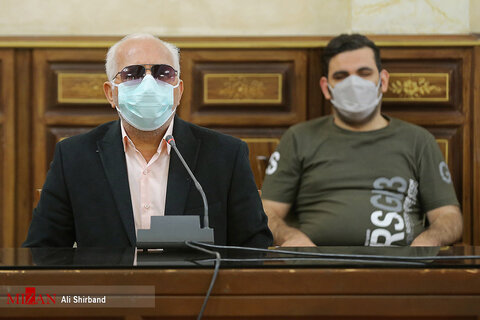
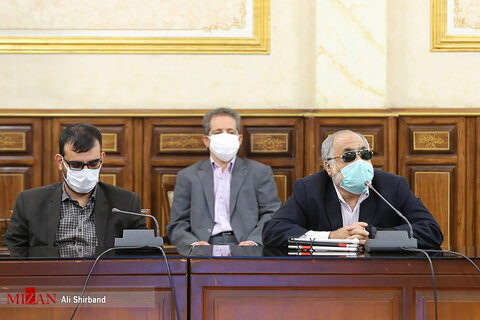
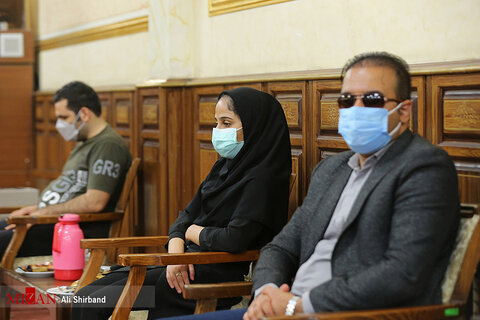
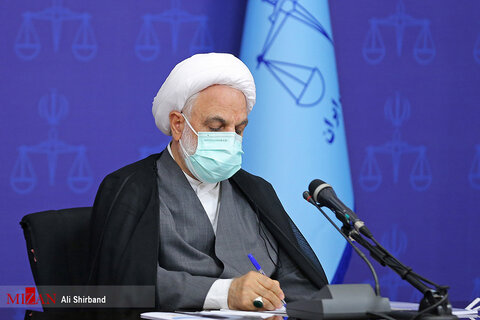
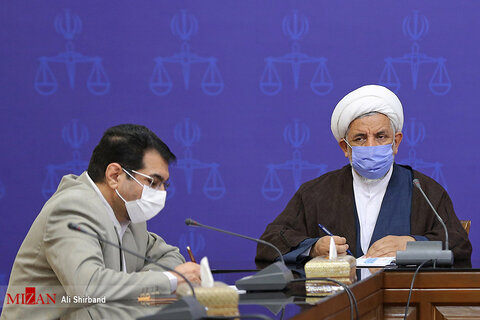
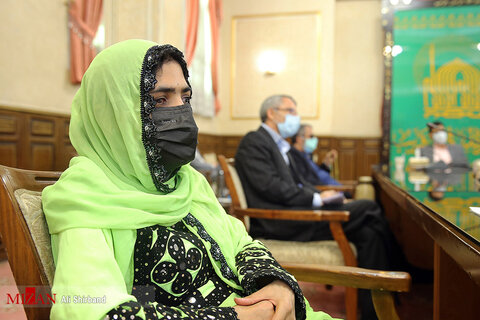
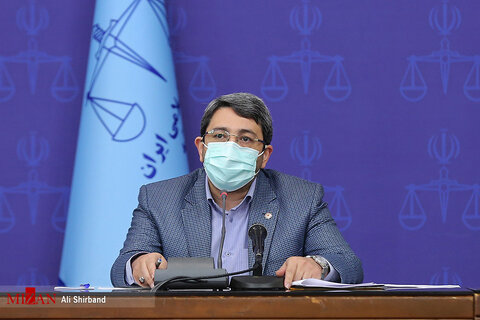
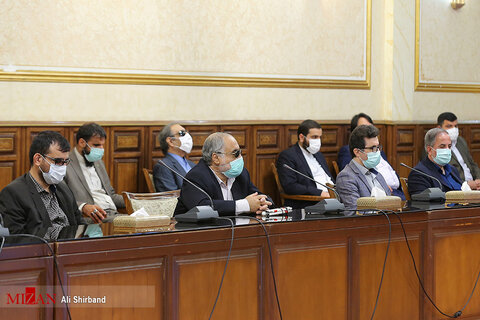
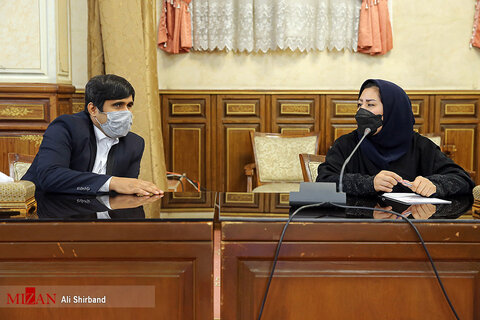
Your Comment